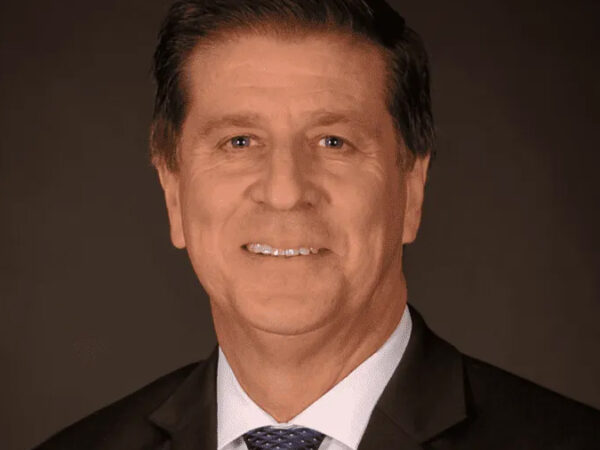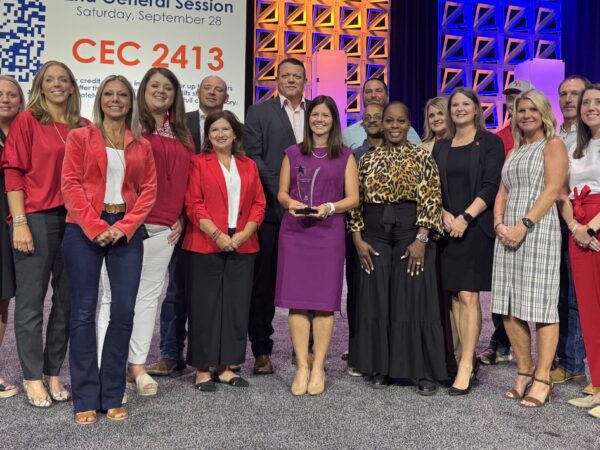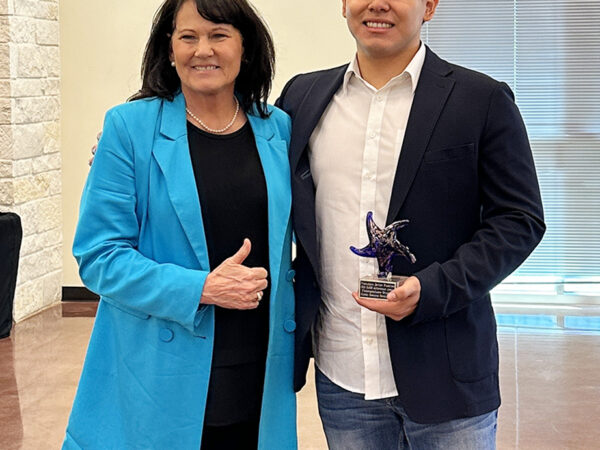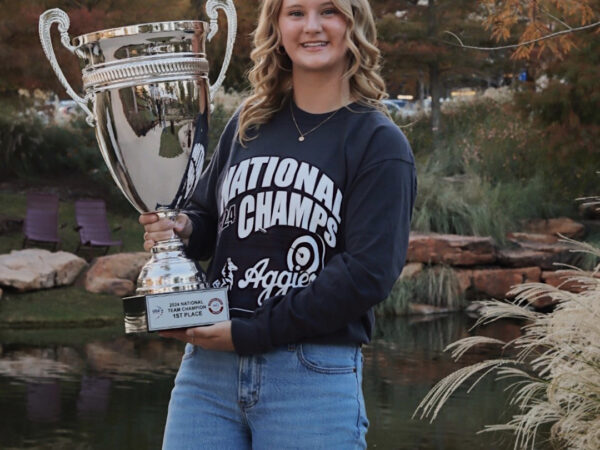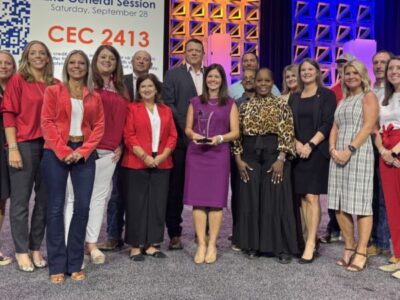How Does an Interest in Dinosaurs Impact a Child in The Classroom?
18 years ago, questions about why a child loves dinosaurs triggered an extensive study by Dr. Joyce Alexander, dean of the College of Education and Human Development.
Although little research is available highlighting interests in early childhood, there is growing evidence that before they start school, children develop interests that persist over time and have long-term implications, both personal and academic. Alexander sought to determine the key factors that support that interest development.
Along with her research team, Alexander worked with young dinosaur experts to find out how they were so knowledgeable, which included talking to the children’s parents. Several parents discussed planning family vacations around dinosaur expeditions for their children.
“It struck us that these conversations were telling us something important. This was not just a child that was interested in dinosaurs; this was a family system that was supporting a child’s interest,” Alexander explained.
Through grants from the National Science Foundation and the Noyce Foundation, the research team began working with 215 preschool children to track the stability and changes in their early interests through both observations and monthly interviews through middle childhood. The goal was to learn more about their families, their activities, their routines and their parents’ beliefs and values to see how both parents and child contribute to the development of a child’s interest over time.
Alexander and her colleagues found children’s interests are not just predispositions. Interests are socialized and supported through parental and other home factors.
“The child’s personal characteristics do have some effect on the kinds of interests these children develop, but parents clearly play a significant role. Parents set the stage for the kinds of play activities that are valued in the home, even before the child gets old enough to realize it,” said Alexander.
She also found the combination of a child’s cognitive skill and self-control played a part in which kinds of early childhood interests caught a child’s eye.
Based on those findings and daily reported play activities, the research team was able to identify four types of common interests in young children: conceptual, procedural, creative and socially-oriented.
- Children in the procedural interest type like to play games with rules, such as sports or board games. These children usually have higher levels of self-control, but lower levels of responsiveness to the environment.
- The socially-oriented children spend their free time engaged in activities such as playing house, where different relationships or life experiences are acted out. Children in this interest type have higher cognitive skills than other groups, but were lower in self-control.
- Children in the creative interest type spend most of their time in music, art or literacy-stimulated activities such as writing or creative expression. Parents of these children reported a higher emphasis on child-centered parenting than other groups. That is, the parents organized the home around the needs and interests of the child rather than those of the parent.
- In the conceptual interest group, children are more focused on specific topics. They engage in activities related to a specific interest such as insects or birds, with the goal of learning more about these topics. These children are higher in cognitive skills and responsiveness than their peers, and there is a greater emphasis on discussion of ideas in their home.
IN THE CLASSROOM
Alexander says it is important to understand that each of these children’s interests help develop strengths, whether at home, in the family or in the classroom. The key is being thoughtful and responsive to how a child learns and processes.
One of the most interesting findings from this study is that children take the skills and strategies they practice in their preschool play interests into their kindergarten classrooms.
“In the kindergarten classroom, the conceptual students ask more factual questions. The creative students don’t want to know how the teacher is going to evaluate their work, but they love the freedom involved in creating something new. The children with procedural interests want to know, and they’ll remind their classmates, about how to do things, how to follow rules,” Alexander explained. “The socially-oriented students are the ones that are the glue to keep the class together and keep everyone connected because they thrive when they are connected with others. They all have strengths.”
She says, if you are not seeing your child engage with a particular out-of-school activity or school-based unit, it may be time to try a different approach in terms of engagement. Presenting material and activities in multiple ways gives children a chance to respond in a way that makes sense to them and helps them learn.
“Sometimes parents will ask ‘what do I do if my son/daughter is/is not interested in X [science or dolls].’ It’s not a matter of trying to manipulate or trying to figure out how to make your child smarter or better by feeding them a steady diet of experiences with science or music, for example,” Alexander explained. “It’s realizing that these play patterns that we’re seeing are just a reflection of this interesting confluence of child characteristics, home characteristics and parental attitudes and beliefs.”
WHAT’S NEXT?
Alexander and the research team have continued to track the children and their interests as they begin college. The hope is to explore in which ways early interests, parental and home factors influence later career plans and adult interests. Alexander believes that will be the most important part of the study.
This study was conducted with Alexander’s long-time collaborator, Dr. Kathy Johnson, at IUPUI, and Carin Neitzel at Black Hills State University.
About the Writer
Ashley is the Media Relations Coordinator and responsible for news coverage in the Department of Teaching, Learning and Culture as well as the Department of Educational Psychology.
Articles by AshleyFor media inquiries, contact Ashley Green.
Fundraising
To learn more about how you can assist in fundraising, contact Amy Hurley, Director of Development ahurley@txamfoundation.com or 979-847-9455




